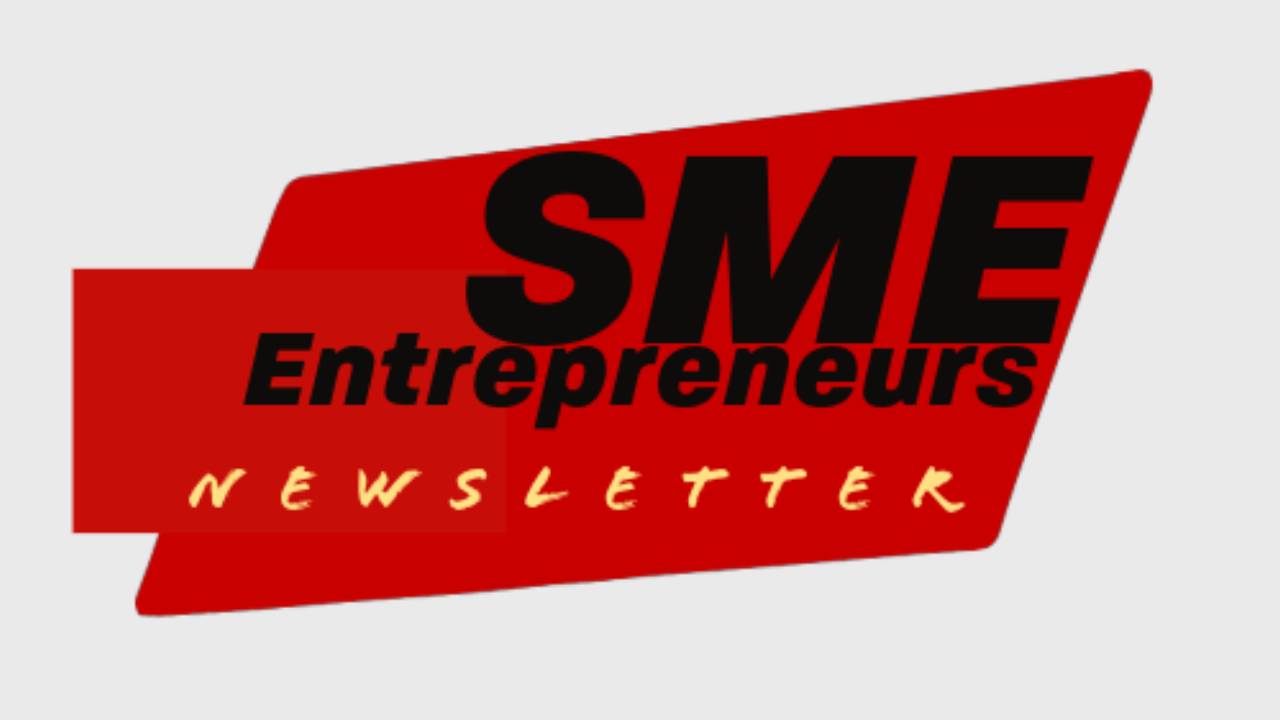Riches In Niches: Your Small Business Game Changer

- Small entrepreneurs often ignore niche markets.
- Be more perceptive when handling unusual customer requests.
- Niche markets offer numerous benefits, including higher margins and reduced competition.
- However, you need a strategy to conquer this market.
Small entrepreneurs are always on the lookout for opportunities, and sometimes they explore every nook and cranny. It is challenging when you are small, your business lacks the scale to buy at a lower price, or the marketing budget to get noticed. In a world of big business, can your small enterprise not only survive but also thrive and become a significant player?
A small cobbler named Jason (this is a fictional story with meaning), worked for years mending footwear. Life has been rough, with extended hours and low pay. His mini shop is a rented space, a cubby hole with high rent. Jason has noticed the trend; consumers buy inexpensive shoes and discard them for another pair. This wave of 'disposable' footwear has led to few wanting to repair them. What can Jason do? One day, a consumer brought a luxury brand of shoes and requested that they be refurbished. The pair of Bruno Magli must have cost a fortune, as O.J. Simpson wore this brand and was frequently mentioned during his court trial.
The mature consumer also complained about back pain and wanted a solution. Cobbler Jason had fixed this problem many times, but this person had a shorter leg, and he knew it was the cause of the pain, which could be easily fixed. However, the buyer wanted a fix that would not tarnish his exclusive brand and give comfort. Jason checked his suppliers and sourced better soles and inners that could be custom-made for this client. He then asked how many people with back issues want a customised solution. What Jason did not know was that since humans began to work upright, lumbar pain has been a constant presence, and he had the expertise to tap into this niche.
Niche benefits
Small ventures are like insects in a world dominated by dinosaurs. Micro means you can be easily squashed into oblivion. However, small size has its advantages. First, you can avoid confrontation with the big guys—it is best to compete away from them. Secondly, as you often create a bespoke solution, you can charge a high price and therefore have higher profit margins.
Next, since you offer a unique benefit, your clients are more loyal as they know you care about their struggles. Jason will discover how much his customers value his artisanal skills in alleviating their lower back pain. Fourth, when you super-specialise, your niche tends to recognise that you are an expert. When you are a recognised authority, customers see you and you alone—you have a monopoly through niche marketing. Finally, when marketing to a very narrow market, you are using your scarce marketing resources more efficiently, so your return on marketing dollars will improve.
Niche strategy
If you are a solopreneur or a micro entrepreneur, like Jason the cobbler, you can identify where your talent lies. Your strengths and expertise may hold potential. Next, you may want to examine the solutions offered by competitors. It should not surprise you that sometimes the solution is inadequate. Jason may find out that Dr Scholl's footcare products are not sufficiently designed with the Caribbean person in mind.
Your niche market may not exist; however, entrepreneurs get excited about latent demand, as competitors often overlook it. You can check Google Trends and YouTube Trends to get an idea of what people are looking for, and maybe they are not finding a solution to their struggles.
Market size is essential, and so is profitability. Micro entrepreneurs need to study the buying habits and demographics of their prospects. Their incomes and propensity to pay are good indicators of market attractiveness.
Another way to extract value is to decide on your value proposition. Your value proposition is the benefits you offer that separate you from the competition. Prospects must see your product or service as unique and be able to satisfy their needs.
One thing I have learnt is that when entrepreneurs enter an uncertain environment, they develop a mindset of an experimenter. Why put significant resources behind an unproven idea? The minimum viable product (MVP) is like a working prototype. This MVP is tested without the buyers' knowledge, as you want to get unbiased feedback on its value delivery. However, be prepared for an unexpected result, which may help refine or start with a new MVP. Think like a scientist, but act like an entrepreneur!
Having designed your experiment, you need to implement your strategy for product testing. When you put your MVP out there, your target needs to know it exists. Digital media offers numerous free or inexpensive options, including blogs, social media posts, newsletters, and videos. These can highlight the struggles the customer has and your solution.
You can gain exposure by association. If you develop a service for children with disabilities, consider forming an association with like-minded individuals and utilise it to network for complementary skills. Associations or chambers can offer a subliminal way to market your product.
Promotion, if you have the budget, should be used in a targeted way. Advertising on Facebook or LinkedIn offers this option. Your website should have a landing page where enquiries can be made on a form. If you want to conduct a trial, a lesson from the supermarket industry can be helpful. Note that suppliers often offer samples to mitigate the risk of purchasing.
A freemium strategy is also suitable for a service. I would often do presentations on topics to gain credibility and recognition. If you offer a freebie, be sure to request the list of participants' contact information so you can follow up with them.
Niche marketing should be a key strategy for small entrepreneurs. It offers a way to escape the noise and competitive pressures of the marketplace. Many niches eventually evolve into larger segments, and perhaps you are sitting on a large gold deposit. Next time, we will explore some post-test strategies that you can use to develop your niche product or service.
Sajjad Hamid is an Entrepreneurship Educator who supports entrepreneurs in scaling their ventures. In his spare time in Trinidad and Tobago, he attempts to cultivate organic tropical fruits and vegetables, practising sustainable farming in his home garden.
He is the author of Build Your Legacy Business: Solopreneur To Family Business Hero. Sajjad is a Fellow of the Family Firm Institute. You can contact him at [email protected] or visit www.entrepreneurtnt.com for a complimentary mentorship session.



Responses